The Ultimate Guide to Chamomile Tea: Benefits, Side Effects, Types, and Uses
Chamomile tea, with its calming aroma and soothing qualities, has been cherished for centuries as a natural remedy for a variety of health issues. From helping with sleep to aiding digestion, chamomile tea offers a wide range of benefits that can improve your well-being. Whether you are looking for a natural way to unwind after a long day or seeking relief from common ailments, chamomile tea is a great choice. In this guide, we will explore the many benefits, potential side effects, various types of chamomile tea, and its cultural significance, helping you choose the perfect variety to suit your needs. Please note that teas are not FDA approved, and any claims may not be proven to be true. Please consult your physician before consuming Chamomile or any other teas as it may affect your condition.
What is Chamomile Tea?
Chamomile tea is an herbal tea made from the dried flowers of the Matricaria chamomilla plant, also known as German chamomile, or Chamaemelum nobile, the Roman chamomile. Both types of chamomile offer similar benefits, but they vary slightly in flavor and medicinal properties. Chamomile has a long history of use in traditional medicine, dating back to Ancient Egypt, where it was considered a sacred plant. Today, chamomile tea is consumed worldwide for its calming effects and numerous health benefits.
Benefits of Chamomile Tea
Chamomile tea has earned its reputation as a natural remedy for many ailments. Here are some of the top benefits of drinking chamomile tea regularly:
1. Promotes Relaxation and Reduces Stress
Chamomile tea is most famous for its calming and relaxing properties. Drinking chamomile tea can help ease the mind, reduce anxiety, and promote a sense of tranquility. This is largely due to an antioxidant called apigenin, which binds to receptors in the brain, helping to induce calmness and reduce feelings of stress and anxiety.
2. Improves Sleep Quality
Chamomile tea is widely recognized for its ability to improve sleep quality. If you struggle with insomnia or have trouble falling asleep, chamomile tea may be the perfect bedtime ritual. Its sedative effects help relax the body and mind, making it easier to drift into a peaceful sleep. Drinking a cup of chamomile tea about 30 minutes before bedtime can help set the stage for a more restful night.
3. Supports Digestive Health
Chamomile tea is commonly used as a natural remedy for digestive issues such as bloating, indigestion, and gas. It has anti-inflammatory properties that can soothe the stomach and reduce inflammation in the digestive tract. Additionally, chamomile is known to help relieve nausea and promote regular bowel movements, making it an excellent option for those with digestive discomfort.
4. Boosts Immune Health
Chamomile tea contains compounds that help support the immune system. Its antibacterial and anti-inflammatory properties make it effective in preventing colds and other infections. Some studies suggest that chamomile can help reduce the severity and duration of cold symptoms, making it a popular choice during the flu season.
5. Relieves Menstrual Discomfort
Women who experience menstrual cramps or discomfort may benefit from drinking chamomile tea. The soothing properties of chamomile help relax the muscles of the uterus, reducing pain and cramping associated with menstruation. Additionally, chamomile’s anti-inflammatory effects may help alleviate symptoms such as bloating and fatigue during menstruation.
6. Helps with Skin Health
Chamomile tea is not just for internal health—it can also benefit your skin. The antioxidants found in chamomile can help protect the skin from oxidative damage, promoting a healthy and glowing complexion. Some people use chamomile tea topically to reduce skin irritation, redness, or rashes, as it has mild anti-inflammatory properties.
7. Supports Heart Health
Chamomile tea may also contribute to cardiovascular health by lowering blood pressure and cholesterol levels. Some studies suggest that the flavonoids found in chamomile, particularly apigenin, can help reduce the risk of heart disease by supporting healthy blood vessels and improving circulation.
Side Effects of Chamomile Tea
While chamomile tea is generally considered safe for most people, it is important to be aware of potential side effects. As with any herbal remedy, some individuals may experience adverse reactions. Here are some common side effects and precautions to consider:
1. Allergic Reactions
Chamomile is related to plants in the Asteraceae family, such as ragweed, daisies, and chrysanthemums. As a result, individuals who are allergic to these plants may experience allergic reactions when consuming chamomile tea. Symptoms can include skin rashes, swelling, or difficulty breathing. If you have known allergies to ragweed or related plants, it is best to avoid chamomile tea or consult with a healthcare provider before using it.
2. Blood Thinning Effects
Chamomile tea has mild blood-thinning properties, which could pose a risk for people taking blood-thinning medications such as warfarin. Drinking large amounts of chamomile tea could potentially increase the risk of bleeding. It is recommended to consult with a doctor if you are on blood thinners before incorporating chamomile tea into your routine.
3. Potential Drug Interactions
Chamomile can interact with certain medications, including sedatives, blood pressure medications, and antidepressants. It is important to speak with a healthcare provider before using chamomile tea if you are on any prescription medications, especially if you are pregnant, nursing, or have underlying health conditions.
4. Drowsiness
Because chamomile tea has sedative effects, drinking too much can lead to excessive drowsiness. It is important to moderate your consumption, especially if you need to be alert for work, driving, or other activities. Stick to one or two cups a day to enjoy its benefits without the risk of feeling overly sleepy.
Different Types of Chamomile Tea
There are two main types of chamomile tea—German chamomile (Matricaria chamomilla) and Roman chamomile (Chamaemelum Nobile)—each with unique characteristics. Let’s explore the differences between these types and the various options available for consumers:
1. German Chamomile
German chamomile is the more commonly used type for making tea. It has a stronger, more robust flavor and is often chosen for its medicinal properties. German chamomile tea is rich in antioxidants and has been studied for its effectiveness in reducing stress, aiding digestion, and promoting sleep. This variety is typically found in tea bags or loose-leaf form, often blended with other herbs such as peppermint or lemon balm.
Best For: Those seeking a more potent, medicinal chamomile tea that offers calming and digestive benefits.
2. Roman Chamomile
Roman chamomile is milder in flavor compared to German chamomile and has a slightly sweeter, more floral taste. This variety of chamomile is also known for its ability to relax the muscles and soothe the mind, but it tends to be gentler than German chamomile. Roman chamomile is often used in aromatherapy and may be a preferred choice for individuals who are sensitive to stronger herbal teas.
Best For: Individuals who prefer a milder, sweeter chamomile tea with a more delicate flavor profile.
3. Chamomile Tea Blends
Many chamomile teas are blended with other herbs and botanicals to enhance the flavor and health benefits. Popular blends include:
- Chamomile and Lavender: Known for its relaxing effects, this blend is perfect for promoting sleep and relieving stress.
- Chamomile and Peppermint: A refreshing blend that aids digestion and soothes the stomach while offering a cooling effect.
- Chamomile and Lemon Balm: A great combination for reducing anxiety and promoting relaxation, with a slightly citrus flavor.
- Chamomile and Ginger: This blend is excellent for soothing nausea and improving digestion, with the added anti-inflammatory benefits of ginger.
Best For: Those looking to enhance the flavor of their chamomile tea or combine it with complementary herbs for additional benefits.
4. Organic Chamomile Tea
Organic chamomile tea is made from chamomile flowers grown without the use of synthetic pesticides or fertilizers. Organic varieties ensure that you're drinking a tea free from harmful chemicals, making it a great choice for individuals who prioritize sustainability and want to ensure the purity of their tea.
Best For: Health-conscious individuals looking for pesticide-free, eco-friendly options.
5. Chamomile Tea Bags vs. Loose-Leaf Tea
Chamomile tea is available in both tea bags and loose-leaf forms. Tea bags offer convenience and ease of use, making them perfect for individuals who are always on the go. On the other hand, loose-leaf chamomile tea typically provides a more authentic flavor, as it uses whole flowers instead of ground chamomile. Some people also prefer loose-leaf tea because it allows for greater control over the strength and quantity of the tea.
Best For: Tea bags are ideal for quick, convenient tea preparation, while loose-leaf tea is perfect for tea connoisseurs who want a more premium experience.
Chamomile Tea in Different Cultures
Chamomile tea has been consumed for centuries across various cultures and is highly regarded for its therapeutic properties. In Ancient Egypt, chamomile was considered a sacred herb and was used in beauty treatments and as a remedy for ailments. The Greeks and Romans also valued chamomile for its ability to calm the mind and relieve pain, especially during childbirth.
In modern times, chamomile tea is enjoyed globally, with each culture appreciating its unique benefits. In European countries, chamomile is often used to treat mild ailments like headaches and digestive issues. In many parts of Asia, chamomile tea is blended with other herbal teas, offering a refreshing twist on traditional blends.
How to Choose the Right Chamomile Tea for You
When selecting chamomile tea, it's essential to consider your personal preferences and what you are hoping to achieve. Here are some factors to help guide your decision:
- Flavor Preferences: If you prefer a stronger, more robust flavor, German chamomile is the way to go. For a milder, sweeter taste, choose Roman chamomile.
- Health Benefits: If you are seeking relief from digestive discomfort, choose a blend with peppermint or ginger. For relaxation and sleep, consider blends with lavender or lemon balm.
- Organic vs. Non-Organic: If you prioritize organic products, look for chamomile tea that is certified organic, ensuring it is free from pesticides and chemicals.
- Convenience: If you're short on time, chamomile tea bags are quick and easy to use. For a more refined experience, loose-leaf chamomile tea might be the better option.
Conclusion: The Health Benefits of Chamomile Tea
Chamomile tea is an excellent addition to your daily routine, offering numerous benefits ranging from relaxation to digestive support. Whether you are looking to reduce stress, improve sleep, or enjoy a soothing beverage, chamomile tea is a versatile and natural solution. By understanding the benefits, side effects, types, and cultural significance of chamomile tea, you can make an informed decision about which variety is right for you. Incorporating chamomile tea into your life can enhance your overall well-being and provide a natural way to promote health and relaxation. Buy coffee tables and buy tea mugs at CycloneSale.com now for all your drinking needs.




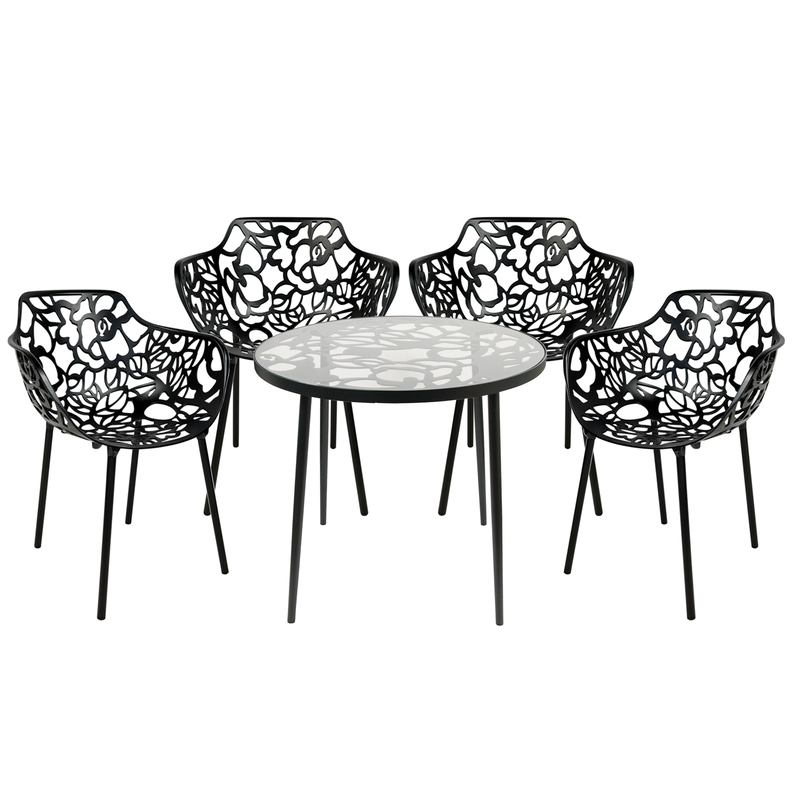



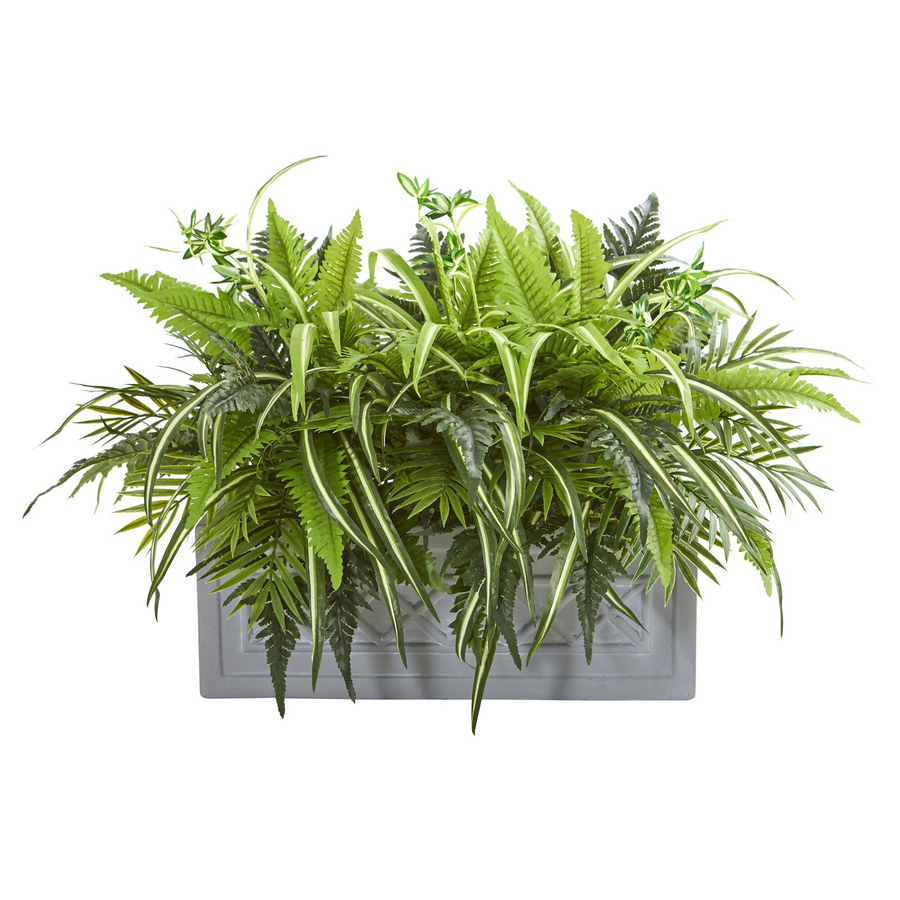

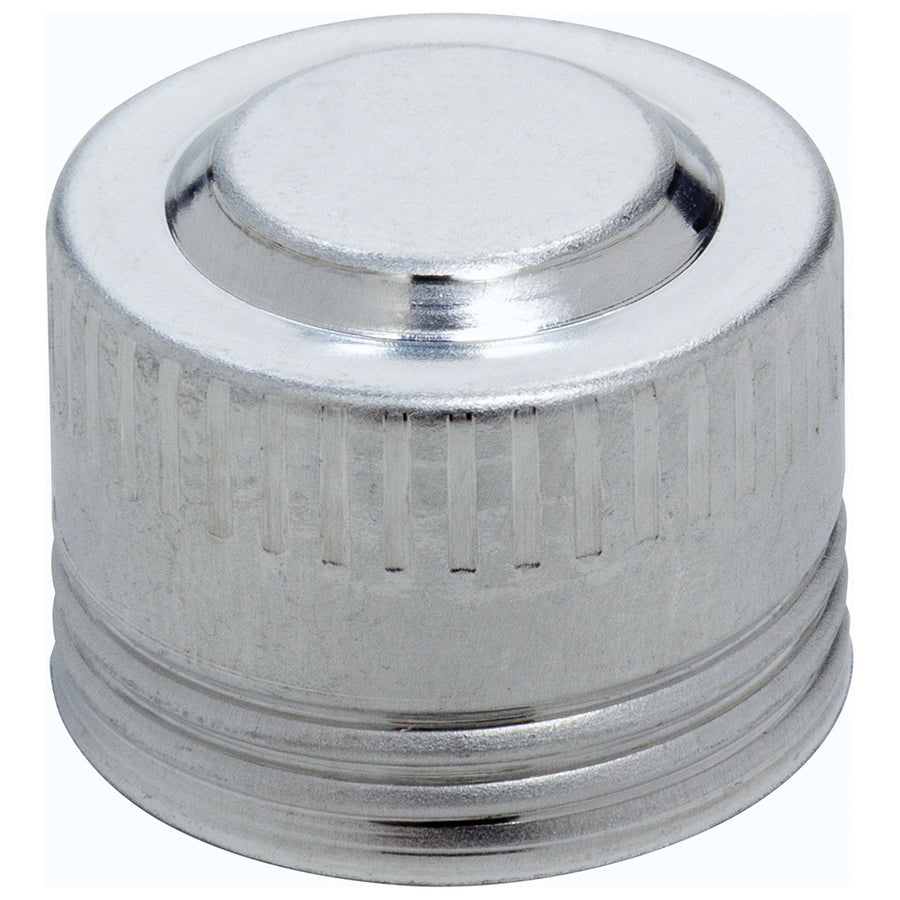



















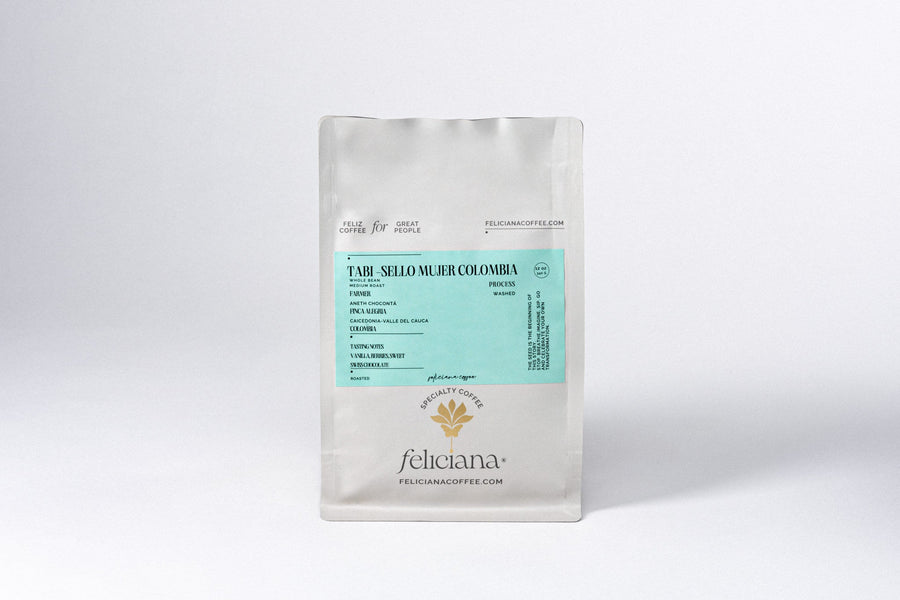
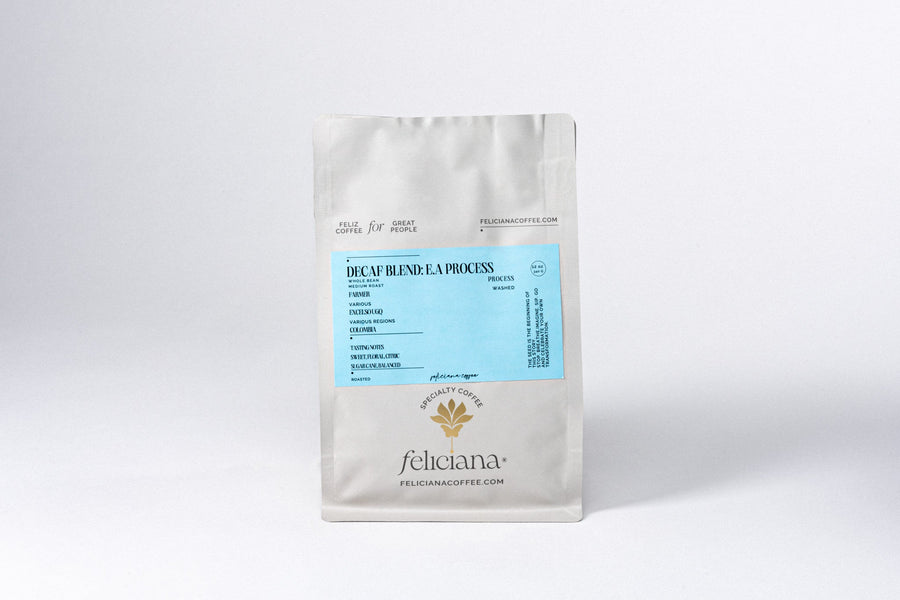
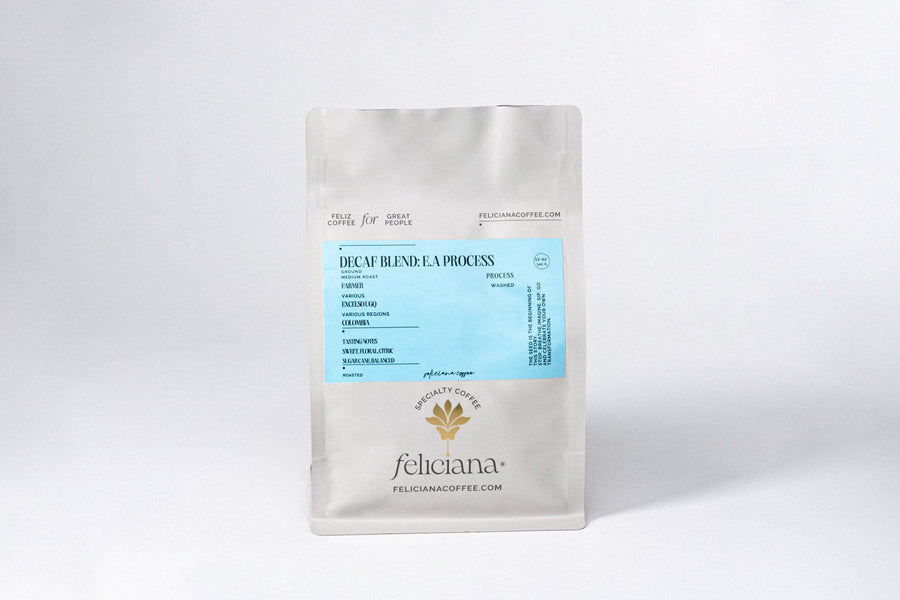
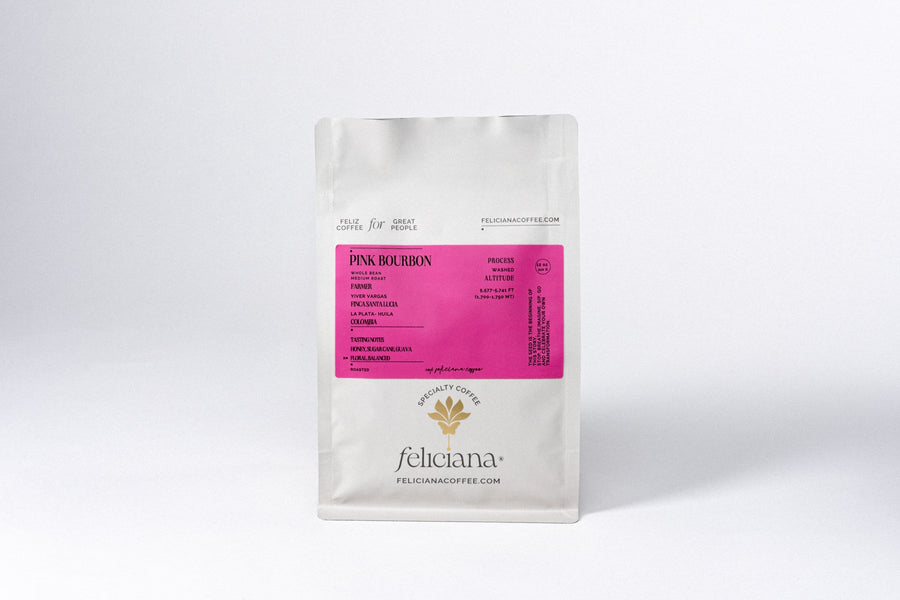
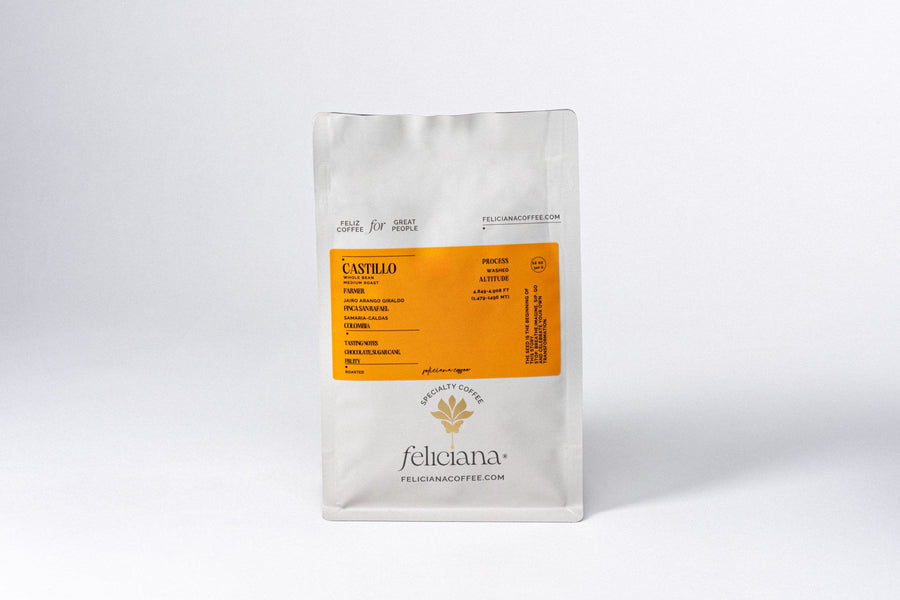
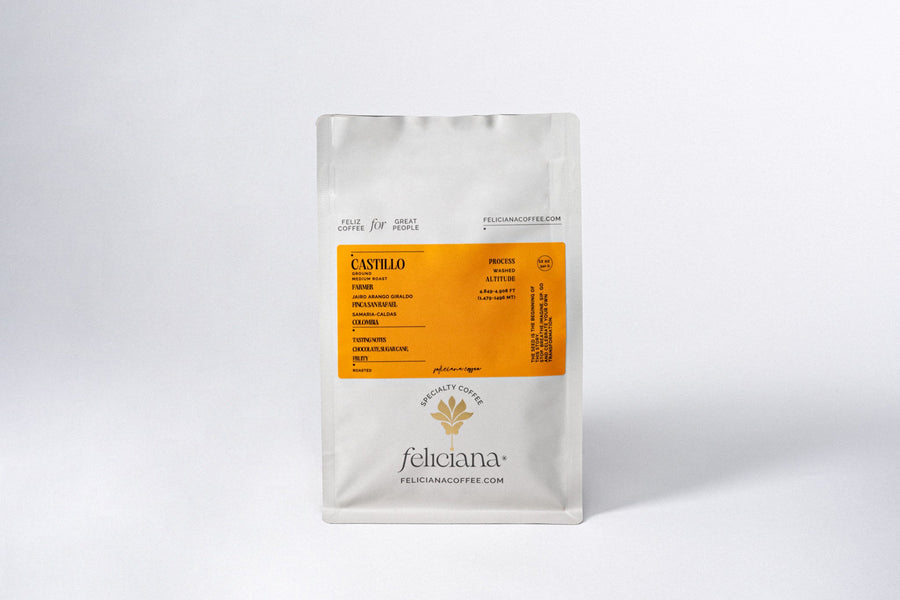
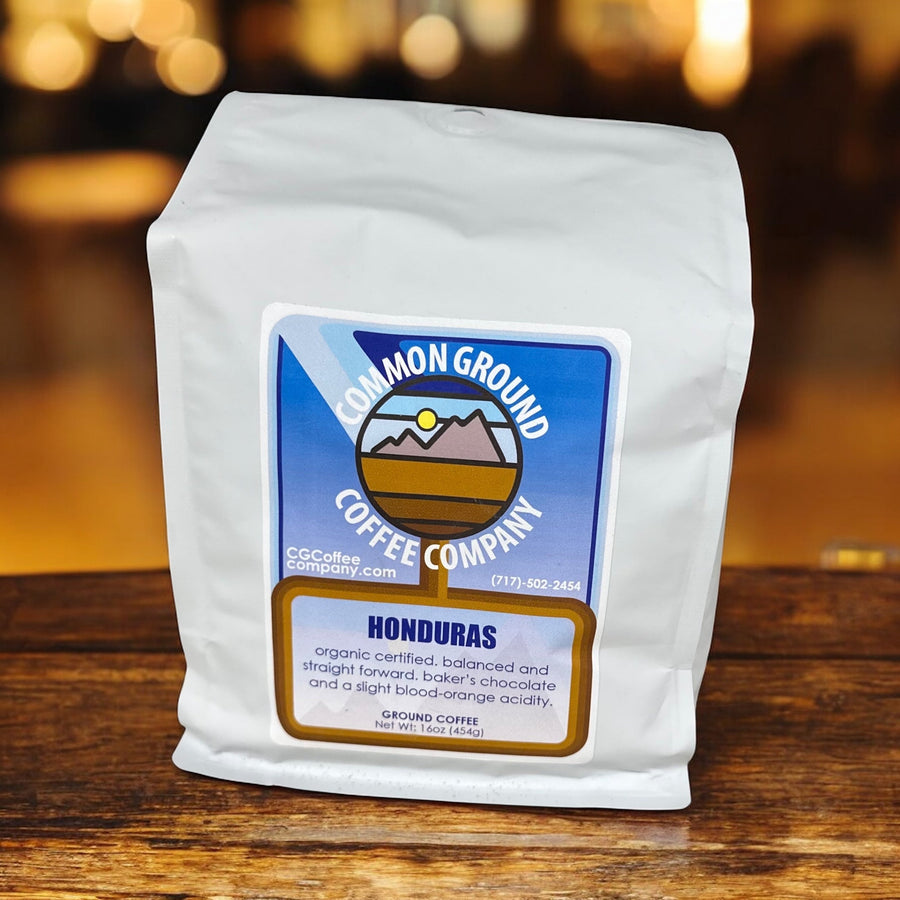






Leave a comment